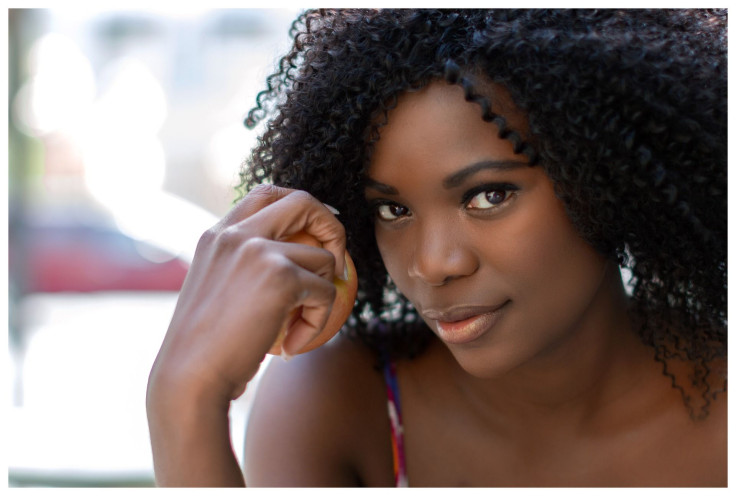Hair Care Is A Barrier To Exercise Among African-American Women

The Centers for Disease Control and Prevention reports 56% of African American women aged 20 and above to be obese. Obesity puts them at an increased risk of cardiovascular diseases, diabetes, etc. Relatedly, they are also less likely than other ethnic groups to engage in physical activity or exercise. Doctors recommend regular physical activity to prevent or manage such health conditions. But what most doctors fail to notice is that hair care acts as a barrier to exercise among these women.
A recent study has found that an overwhelming majority of primary care physicians who insist on the significance of exercise, but about three-quarters of them fail to discuss how hair care acts as a hindrance.
“As physicians, if we don't have those specific conversations, we're not doing everything that we can to decrease this barrier and help African American women overcome what they feel are holding them back from exercise,” said the study’s lead author Dr. Sophia Tolliver, a family medicine physician at The Ohio State Wexner Medical Center.
This is the first-ever study to identify primary care providers’ thoughts, beliefs, attitudes, and knowledge concerning hair as a limitation to increased physical activity among African American women.
The author surveyed physicians, nurse practitioners and physician assistants in a large urban academic medical center. She reported that about 95% of them often engage in conversations with African-American female patients about being physically active. But 76% of them have never discussed hairstyling or maintenance assessment during such discussions. Only about 34% were reported to be comfortable discussing hair care topics with their African-American female patients.
The respondents reported, “sweating out my hairstyle” to be a barrier to exercise. Such a limitation is related to the time and money required to restyle hair after they sweat it out during exercise. In addition, when African-American women seek out help for hair-related issues, a significant number are dissatisfied with hair-related encounters with physicians they did not feel as though their doctor understood African-American hair.
This study highlights the need to incorporate such cultural competency into medical education curriculums as well as CME to improve the physician-patient relationship which could also improve the health of African-American women.
“It's going to come down to increasing education about African American hair, African American females cultural practices when it comes to hair and how you can counsel a patient in an office visit about decreasing that barrier,” she added.
© Copyright IBTimes 2025. All rights reserved.






















